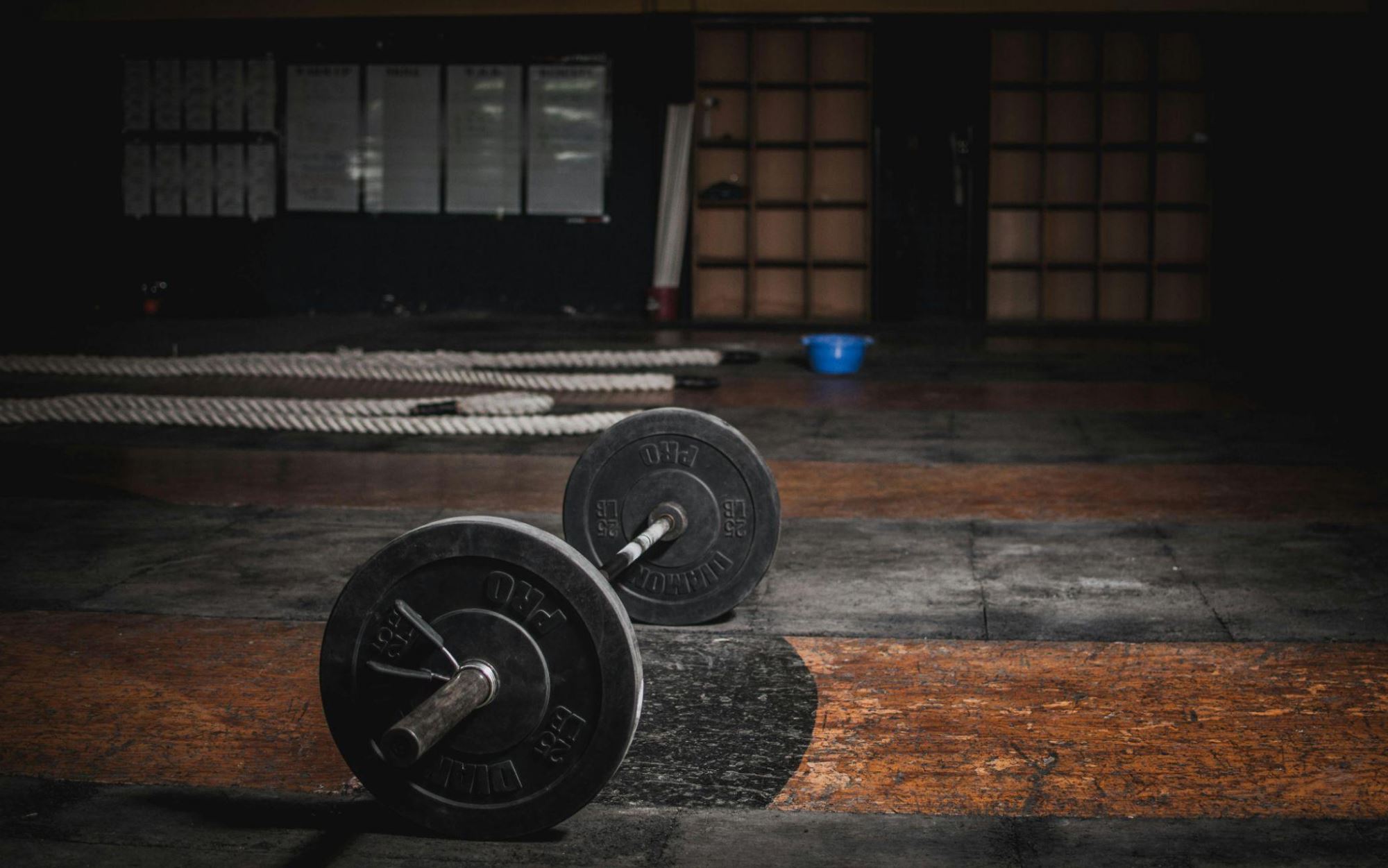
Understanding Gym Injuries and Your Rights
Every year, countless individuals head to their local gyms, motivated to improve their health and well-being. However, despite the numerous benefits, working out at a gym isn't without risks. From minor sprains to more severe injuries, the possibility of getting hurt is something gym-goers should not overlook. Knowing your rights and the inherent risks can significantly impact how you handle an unfortunate incident should it arise.
When You Should Consider Legal Help
Not every gym injury may need legal intervention, but there are certain situations where seeking the assistance of a personal injury lawyer is crucial:
Faulty Equipment: If gym equipment that is poorly maintained or inherently faulty causes your injury, the facility may be liable.
Negligence by the Gym: Gyms have a responsibility to keep their premises safe and clean. Failure to do so, resulting in an injury, could mean you are entitled to compensation. In these situations, it might be wise to consult a professional well-versed in legal intricacies to understand your rights and the options available for seeking justice.
Lack of Proper Supervision: If your injury results from inadequate guidance or supervision, particularly when using complex equipment, you might have a valid claim.
Immediate Actions to Take After an Injury
The steps you take right after getting injured at the gym can lay a strong foundation for a potential personal injury claim:
Document Everything: Make detailed notes about the incident, including the date, time, and any relevant circumstances. Note the presence of any staff or witnesses.
Report Your Injury: Inform the gym management immediately and ensure they make an official record. Ask for a copy of this report.
Seek Medical Care: Consult a doctor to assess and document your injuries properly. Some injuries might only become apparent after some time.
Collect Evidence: Photograph the area and the equipment involved in your injury. Also, gather names and contact details of any witnesses.
How a Personal Injury Lawyer Can Assist You
Enlisting the help of a personal injury lawyer can be invaluable, especially in cases that involve complex liability issues or significant claims for damages. Here’s how they can help:
Understanding Legal Intricacies: Personal injury laws can be complex. A lawyer can help make sense of how these laws apply to your situation.
Handling Insurance Negotiations: Insurance companies often try to pay the minimum possible. A seasoned lawyer will negotiate on your behalf to ensure fair compensation.
Maximizing Your Compensation: Your attorney will help you accurately assess all possible damages - such as medical bills, lost earnings, and even pain and suffering - to make sure you are fully compensated.
Proactive Measures and Legal Preparedness in the Gym
Staying Safe While Working Out
Staying Safe While Working Out
While legal recourse is available for gym injuries, prevention is undoubtedly the best approach. Here are a few practical tips to help you stay safe:
Proper Training and Technique: Always ensure that you understand how to use each piece of equipment properly. If unsure, it’s wise to ask a trained staff member or invest in a few sessions with a personal trainer.
Warm-Up and Cool Down: These practices are essential to prepare your body for the stress of exercise and to prevent injuries. A good warm-up increases blood flow to your muscles, and cooling down helps to reduce muscle stiffness.
Know Your Limits: While pushing your limits can be exhilarating, it’s crucial to know your body’s capabilities and not exceed them, especially if you're just starting out or returning after a break.
Documenting Your Fitness Journey
Maintaining a record of your fitness activities, including any minor incidents or discomforts, can be invaluable. This documentation can:
Provide Insights into Patterns: Tracking your workouts can help identify what might be causing recurrent pain or injuries.
Strengthen Legal Claims: Should an injury occur, having detailed records can provide additional evidence to support your claim, showing your commitment to safety and proper technique.
Understanding Liability Waivers
Read Before Signing: Always read any liability waivers thoroughly before signing them. These documents often outline what injuries the gym does not hold responsibility for, which can significantly affect your rights in case of an injury.
Conclusion
Staying informed and proactive can dramatically reduce your risk of injury at the gym. However, should an accident happen, knowing the steps to take and having the support of a qualified personal injury lawyer can ensure that your rights are protected and that you receive the necessary compensation to aid in your recovery. Additionally, being aware of the terms in liability waivers and maintaining detailed documentation of your fitness activities can strengthen your position in any legal proceedings. Remember, your safety and well-being are the main priority, and taking the right precautions, both physically and legally, can make all the difference in your fitness journey and beyond.